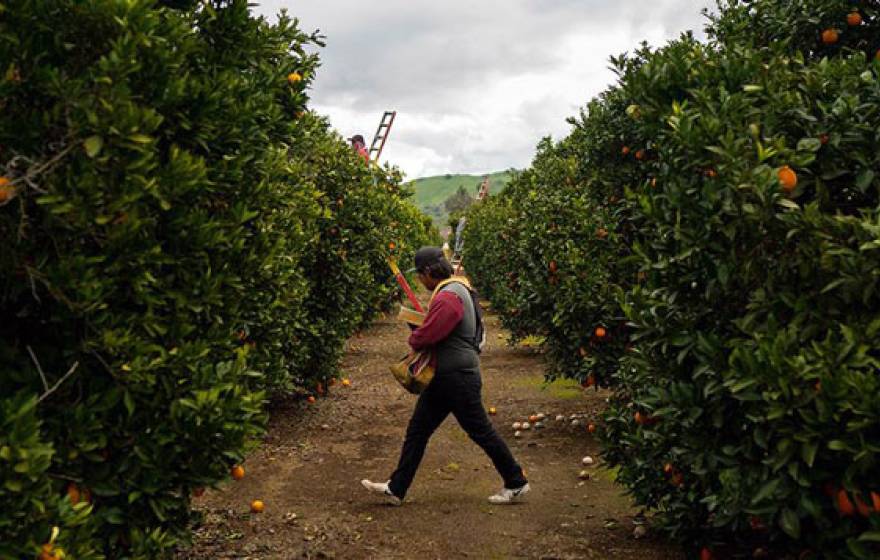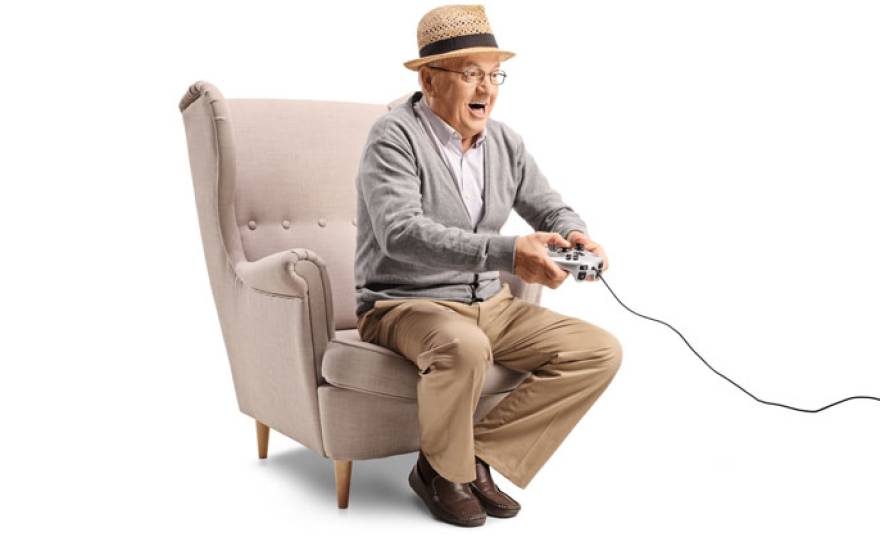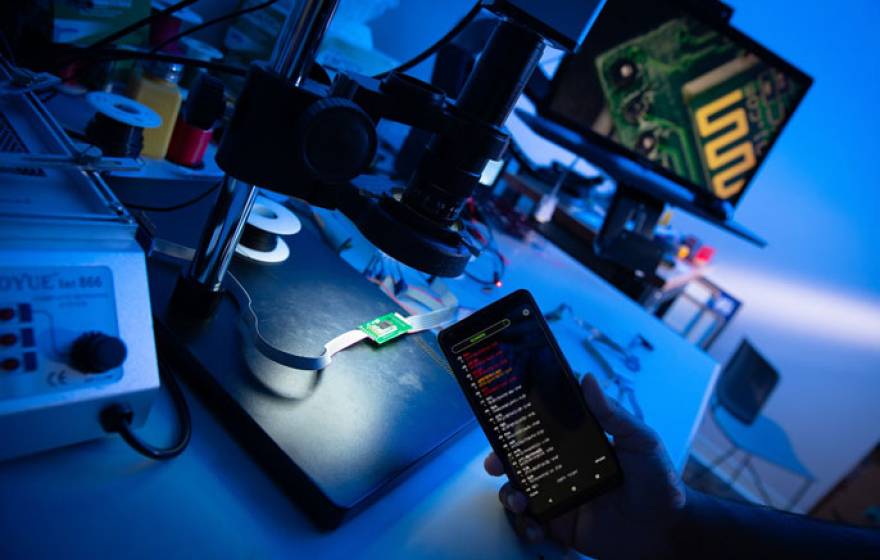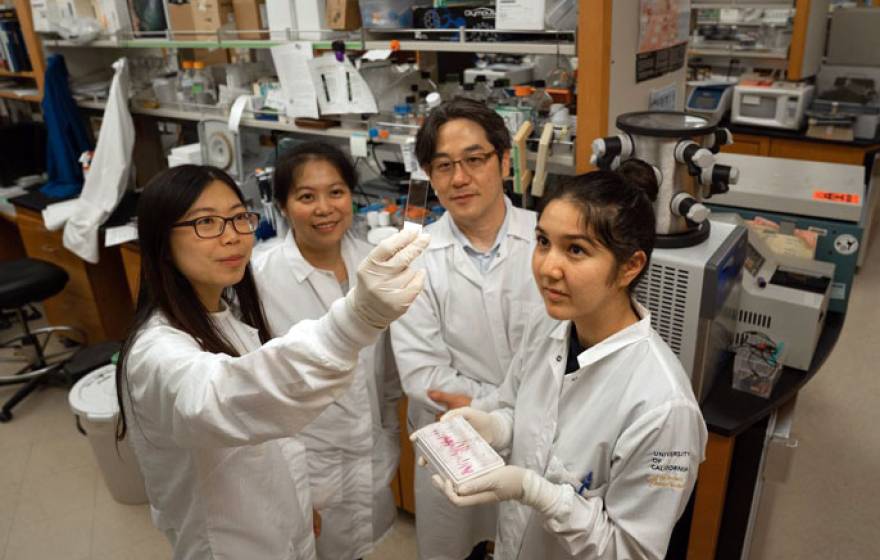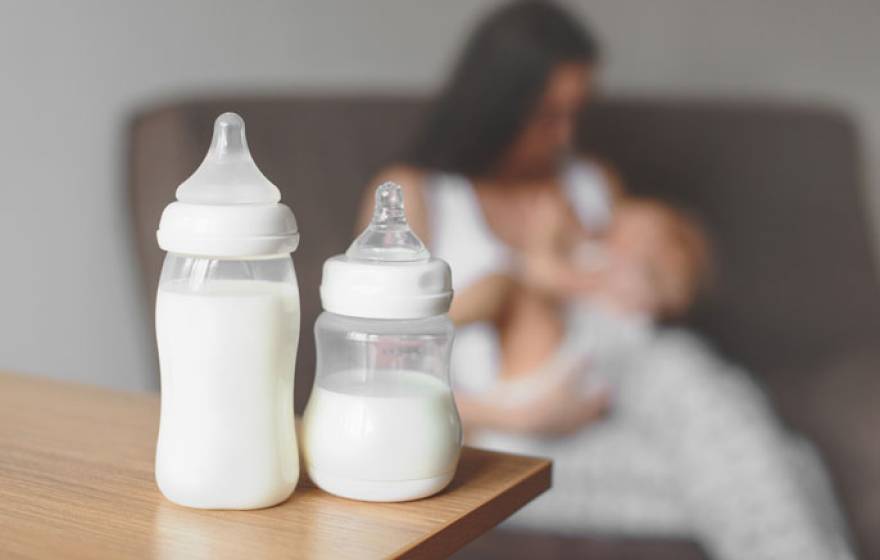Farmers and researchers try to hold off a deadly citrus greening that's now reached California long enough to find a cure.
That online hotel review you wrote? It matters
Ratings act as free advertising for hotels with good reviews, a new study finds.
Why grandpa and grandma should be playing video games
Online brain exercises can help seniors multitask as well as people 50 years younger.
Moisturizers may be turning your skin into ‘Swiss cheese’
What some lotions do to your skin could make your skin crawl. Researchers explain.
A search engine tool for first responders
Real-time text, photo and video data could help first responders better allocate resources when disaster strikes.
Media creates false balance on climate science, study shows
About half of mainstream media visibility goes to climate-change deniers, many of whom are not climate scientists.
New app allows inspectors to find gas pump skimmers faster
A new tool will help detect devices that criminals install in gas pumps to steal consumer credit and debit card data.
Should doctors write prescriptions for exercise?
Scientists are trying to understand whether we can know enough about exercise to prescribe it.
Nanocapsule reaches cancer that has spread to central nervous system in mice
A single dose eliminated all B-cell lymphoma that had metastasized to the animals’ central nervous system.
Who stalled the gender revolution?
Friendly attitudes toward gender equality increased for decades, then hit a speed bump in the '90s. The reason why might surprise you.
Human breast milk may help babies tell time via circadian signals from mom
Is a bottle of morning milk at night the equivalent of turning on all the lights at bedtime?
UCLA to lead $10 million California conservation project
Scientists will study the DNA of endangered and threatened species and learn which are most vulnerable to climate change.
